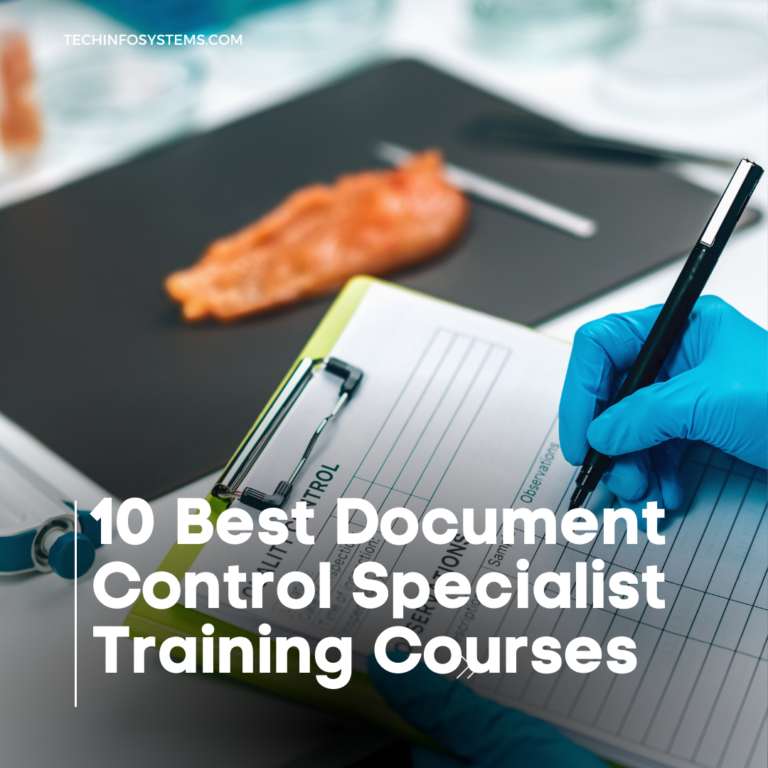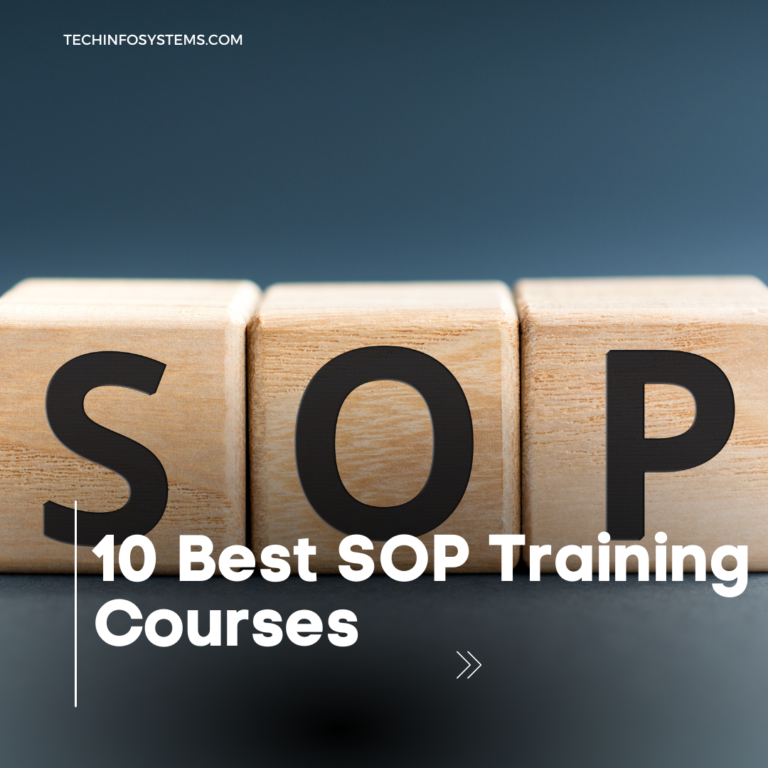how do i become a freight dispatcher?

Navigating Your Path: How Do I Become a Freight Dispatcher?
In the dynamic realm of logistics and transportation, the role of a freight dispatcher stands as a crucial linchpin, orchestrating the seamless movement of goods across vast networks of roads, railways, and airways. For those intrigued by the prospect of coordinating shipments, managing schedules, and resolving logistical challenges, embarking on a career as a freight dispatcher can be both rewarding and fulfilling. In this comprehensive guide, we unravel the essential steps and strategies to answer the burning question: How do I become a freight dispatcher?
Understanding the Role of a Freight Dispatcher
Defining the Responsibilities
A freight dispatcher serves as the central point of contact between shippers, carriers, and customers, overseeing the logistics of transporting goods from origin to destination. Their responsibilities encompass scheduling shipments, assigning drivers to routes, monitoring delivery progress, and resolving logistical issues in real-time.
Key Skills and Qualities
Effective communication, problem-solving aptitude, organizational skills, and technological proficiency are key attributes of a successful freight dispatcher. These skills enable them to navigate the complexities of transportation operations and ensure the smooth flow of goods from point A to point B.
Educational Background and Training
High School Diploma or Equivalent
While there are no strict educational requirements to become a freight dispatcher, having a high school diploma or equivalent is typically the minimum prerequisite. However, pursuing coursework or certifications in logistics, supply chain management, or transportation can enhance your credentials and equip you with relevant industry knowledge.
On-the-Job Training and Experience
Many aspiring freight dispatchers gain practical experience through on-the-job training or internships within the logistics industry. This hands-on experience provides valuable insights into transportation operations, industry practices, and customer service standards.
Acquiring Essential Skills
Effective Communication
Clear and concise communication is paramount for freight dispatchers to convey instructions, address inquiries, and provide updates to drivers, shippers, and carriers. Developing strong interpersonal skills and the ability to communicate effectively in high-pressure situations is essential.
Problem-Solving Ability
Freight dispatchers must exhibit quick thinking and resourcefulness to address unforeseen challenges such as route deviations, mechanical breakdowns, and adverse weather conditions. The ability to make sound decisions under pressure is a hallmark of a proficient freight dispatcher.
Technological Proficiency
In an increasingly digitized world, proficiency in transportation management systems (TMS), route optimization software, and communication platforms is indispensable for freight dispatchers to streamline operations and maximize efficiency. Familiarity with industry-specific software and technology tools is highly beneficial.
Seeking Employment Opportunities
Exploring Job Openings
Begin your job search by exploring online job boards, company websites, and industry-specific platforms for freight dispatcher openings. Networking with industry professionals and attending career fairs or industry events can also uncover potential employment opportunities.
Submitting Applications and Resumes
Craft a compelling resume and cover letter that highlights your relevant skills, experience, and qualifications for the role of a freight dispatcher. Tailor your application materials to each job opportunity and emphasize your ability to effectively manage transportation logistics.
Navigating the Interview Process
Preparing for Interviews
Prepare for interviews by researching the company, familiarizing yourself with industry trends, and practicing common interview questions related to freight dispatching and logistics. Showcase your communication skills, problem-solving abilities, and knowledge of transportation operations during the interview process.
Demonstrating Your Value
During interviews, emphasize your ability to handle the responsibilities of a freight dispatcher, including scheduling shipments, coordinating with drivers and carriers, and resolving logistical challenges. Provide concrete examples of your past experiences and accomplishments in transportation logistics.
Continuing Education and Professional Development
Pursuing Advanced Certifications
Consider pursuing advanced certifications or continuing education programs in logistics and transportation management to further enhance your skills and qualifications as a freight dispatcher. Certifications such as the Certified Transportation Broker (CTB) or Certified Dispatcher designation can demonstrate your commitment to professional excellence.
Staying Informed About Industry Trends
Stay abreast of emerging trends, technologies, and regulatory changes in the logistics industry by attending seminars, workshops, and industry conferences. Continuous learning and professional development are essential for staying competitive and advancing your career as a freight dispatcher.
Conclusion: Embarking on Your Journey
Becoming a freight dispatcher requires a combination of education, training, practical experience, and essential skills. By understanding the role, acquiring relevant qualifications, seeking employment opportunities, and investing in continuous learning, you can embark on a fulfilling career path in transportation logistics. With dedication, perseverance, and a passion for problem-solving, you can navigate the complexities of the logistics industry and make a meaningful impact as a freight dispatcher.
FAQs
- What exactly does a freight dispatcher do, and how do I know if it’s the right career path for me?
A freight dispatcher coordinates the movement of goods, manages schedules, and resolves logistical challenges in transportation operations. If you enjoy problem-solving, have strong organizational skills, and thrive in a fast-paced environment, a career as a freight dispatcher may be a good fit for you.
- What educational background is required to become a freight dispatcher?
While there are no strict educational requirements, having a high school diploma or equivalent is typically the minimum prerequisite. However, pursuing coursework or certifications in logistics, supply chain management, or transportation can enhance your credentials and industry knowledge.
- How do I acquire the necessary skills to become a successful freight dispatcher?
Developing effective communication, problem-solving, organizational, and technological skills is essential for success as a freight dispatcher. You can acquire these skills through on-the-job training, internships, online courses, and practical experience within the logistics industry.
- Are there any specific certifications or training programs available for aspiring freight dispatchers?
While not mandatory, certifications such as the Certified Transportation Broker (CTB) or Certified Dispatcher designation can enhance your qualifications and demonstrate your proficiency in transportation logistics.
- What job opportunities exist for freight dispatchers, and how do I find employment in this field?
Freight dispatchers can find employment opportunities in logistics companies, freight brokerage firms, transportation companies, and shipping departments of various industries. Exploring online job boards, company websites, and industry-specific platforms can help you find job openings.
- What skills and qualities are employers looking for when hiring freight dispatchers?
Employers typically seek candidates with effective communication skills, problem-solving abilities, attention to detail, organizational prowess, and the ability to work under pressure. Demonstrating proficiency in using transportation management systems (TMS) and route optimization software is also desirable.
- How do I prepare for interviews when applying for freight dispatcher positions?
Prepare for interviews by researching the company, familiarizing yourself with industry trends, and practicing common interview questions related to freight dispatching and logistics. Showcase your relevant skills, experiences, and knowledge of transportation operations during the interview process.
- What career advancement opportunities are available for freight dispatchers?
Freight dispatchers can advance their careers by gaining experience, pursuing advanced certifications, and taking on leadership roles within logistics companies or transportation departments. Continuous learning and professional development are key to advancing in this field.
- Is it possible to work as a freelance or remote freight dispatcher?
Yes, there are opportunities for freelance or remote work as a freight dispatcher, especially with the increasing prevalence of digital communication tools and transportation management systems. However, establishing connections and building a strong network within the industry is crucial for finding remote job opportunities.
- What advice do you have for someone interested in pursuing a career as a freight dispatcher?
Invest in developing relevant skills, gaining practical experience, and staying informed about industry trends and advancements. Network with professionals in the field, seek mentorship opportunities, and remain adaptable to changes in the dynamic landscape of transportation logistics.






